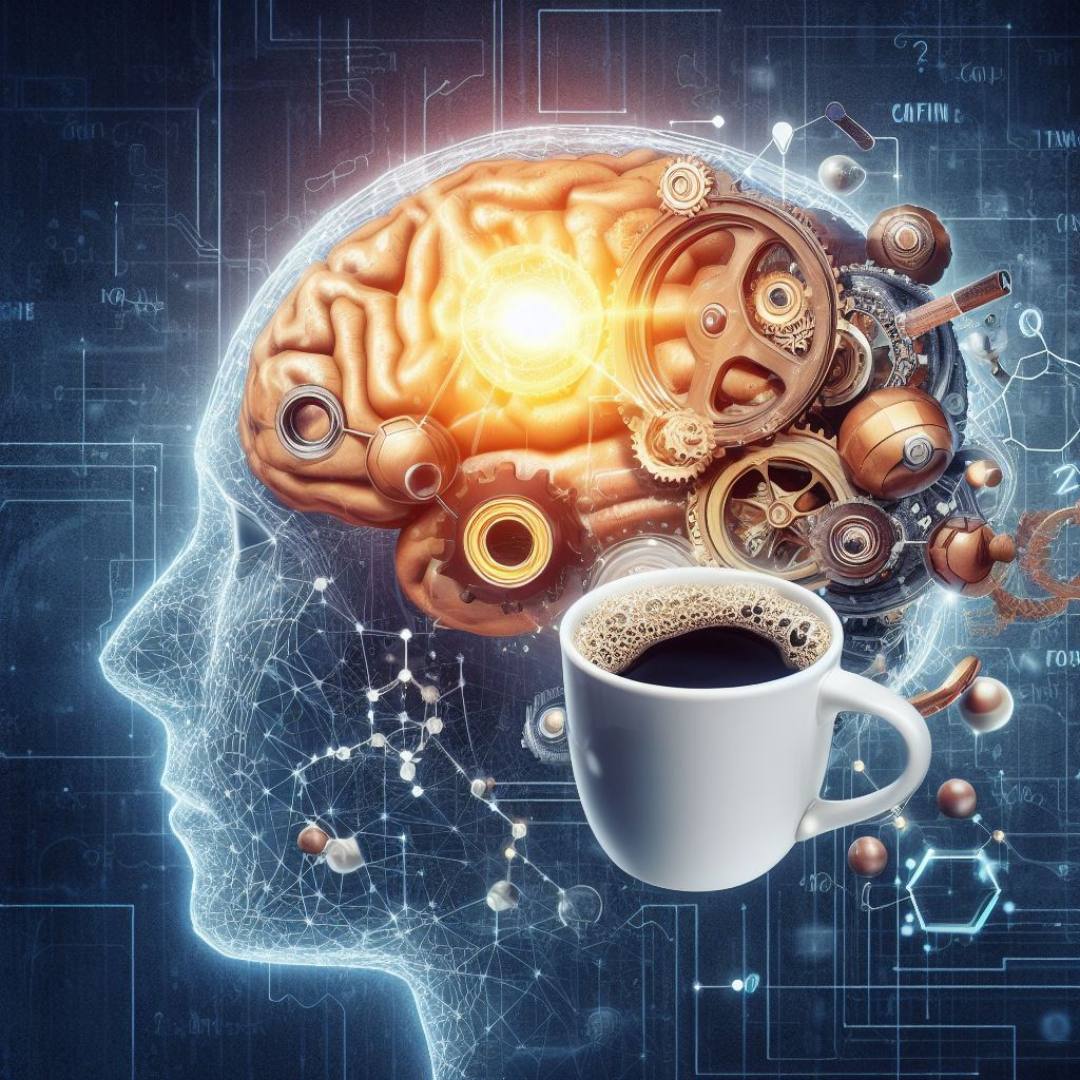Recent findings suggest that habitual caffeine intake could potentially diminish long-term potentiation (LTP), a fundamental process for learning and memory.

In a quest to understand the intricate relationship between chronic caffeine consumption and brain plasticity, researchers are delving into how this prevalent stimulant might influence critical cognitive functions.
Recent findings suggest that habitual caffeine intake could potentially diminish long-term potentiation (LTP), a fundamental process for learning and memory. The implications of this research extend to the effectiveness of repetitive transcranial magnetic stimulation (rTMS), a non-invasive therapeutic method for various neuropsychiatric disorders.
Caffeine, commonly found in coffee and tea, operates as an adenosine receptor antagonist in the brain, targeting the A1 and A2A subtypes. These receptors play a crucial role in modulating long-term potentiation (LTP), a process essential for synaptic strengthening and adaptive learning.
Preliminary studies indicate that chronic caffeine consumption may reduce the brain’s capacity for LTP-like plasticity. This has potential implications for the effectiveness of treatments like rTMS, which relies on inducing LTP. The observed difference in rTMS-induced motor evoked potentials (MEPs) between chronic caffeine users and non-users suggests that regular caffeine intake may dampen the brain’s plasticity response.
Understanding the interplay between caffeine, brain plasticity, and therapeutic interventions like rTMS is complex. The method of rTMS utilizes magnetic fields to induce electrical currents in specific brain regions, aiming to modulate cortical excitability. The observed differences in MEP facilitation between caffeine users and non-users raise questions about the broader cognitive effects of habitual caffeine consumption.
While these findings provide intriguing insights, researchers emphasize the need for caution. The studies conducted so far have limitations, including small sample sizes and challenges in accurately measuring and controlling caffeine consumption. The observed effects may not universally apply to the broader population or different contexts of caffeine use and rTMS application.
Despite these caveats, the preliminary data prompts a call for more comprehensive and well-designed studies. If chronic caffeine consumption does indeed limit brain plasticity, it could have far-reaching implications. This includes considerations for individuals undergoing rTMS for therapeutic purposes and a broader understanding of learning and memory processes.
The research prompts a reconsideration of the long-term cognitive effects of daily caffeine habits. If modifying caffeine intake could enhance the brain’s learning capacity, it opens avenues for lifestyle adjustments with potential cognitive benefits. The complex relationship between caffeine and brain plasticity underscores the need for nuanced investigations.
The next steps involve conducting larger, well-powered studies to unravel the intricate dynamics between caffeine, brain plasticity, and learning mechanisms. Such research not only contributes to a deeper understanding of fundamental brain processes but also informs the development of more effective therapeutic strategies for neuropsychiatric conditions.
In essence, the exploration of how chronic caffeine consumption influences brain plasticity goes beyond the realm of coffee culture. It delves into the potential cognitive ramifications of a daily habit shared by millions worldwide. As researchers navigate this complex landscape, the findings could shape our understanding of brain health, learning, and the optimization of therapeutic interventions.